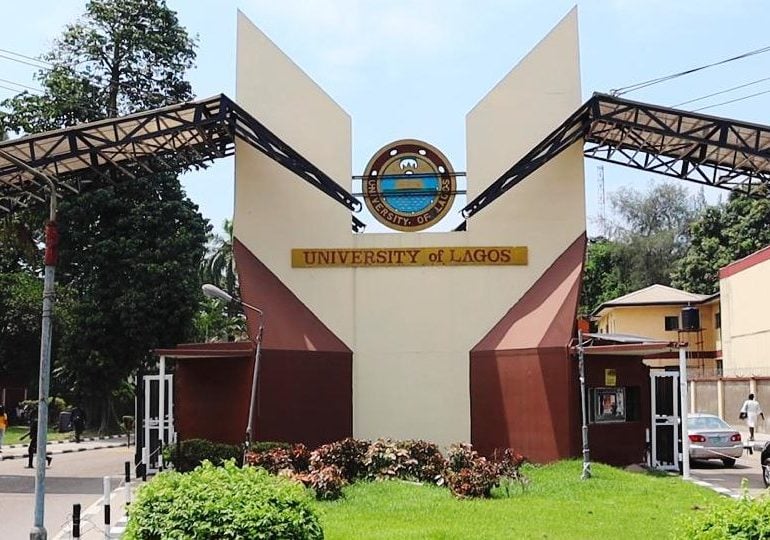The University of Lagos (UNILAG) may have raised fees for students running their degree programmes under its Institute for Continuing Education (ICE).
A student of mass communications undergoing the part-time programme told TheCable on Thursday that their fee was raised from ₦175,000 to ₦225,000 with no official announcement.
In July, the federal university announced a general hike in its fees meant to affect full-time students from September 1.
The fee increase, affecting both fresh and returning students operating regular programmes, caused a campus protest.
The university, in response, granted micro fee cuts to the students who continued to grumble in dissatisfaction.
But in a new development, the ICE students are now raising the alarm over a fresh hike affecting them.

The student who spoke with TheCable also warned that a protest may ensue if an ongoing effort to secure a reversal of the hike proves abortive.
“In August, our class representative told us the full-time students saw an increase in their fees. We asked if ICE students were affected. We were told there is no increase yet. We were later told there will be none,” the source said.
“On September 12 when our results dropped, we were told to log onto the portal and pay our fees and that the good news was that our fee rates are still the same. I checked and it was true. There was no hike, the same ₦171,000.
“Before now, ₦150,000 had been for the school fees while ₦21,000 covers obligatory fees.
“But on September 19, our course representatives alerted us that our fees had been increased. I checked and discovered it has been increased to ₦225,000. This is ridiculous. We are just ICE students taking evening classes.
“Why should we pay ₦225,000? During strikes, we still sit at home like the day students. We do not get special treatment to receive lectures. And our fees are already higher than those at the Distant Learning Institute (DLI).

“I can’t afford ₦225,000. We are to resume from break on October 3, and they increased fees on September 19.
“Some of us work during the day and go to class in the evening. After we hustled ₦171,000, the management added ₦54,000 to the fees. If this trend continues, they might increase it again and we will end up paying over ₦300,000.
“The economy is harsh. I do not earn a salary, so I have to trade and even miss my tests to make ₦171,000 alone. I cannot afford to drop out because my programme has already been delayed by the strike and pandemic lockdown.”
When contacted on the matter, Adejoke Alaga, UNILAG’s media spokesperson, told TheCable that the ICE is a private programme excluded from federal government funding.
“The students should expect that ICE couldn’t possibly be exempted from the general upward review in our fees. What the university even did for the ICE was to review their obligatory fees,” she added.
“The increment is not drastic. There’s no need for protest. The university remains open to engagement from the students. What they should do is to engage management.”
A protester, who also spoke on UNILAG’s fee cuts for regular students, said the university is already issuing refund forms to undergraduates who were pressured to pay the hiked fee rates under different circumstances.
“While the move is welcomed, I just want to remind them that 20,000 here, 5,000 there, and 3,000 somewhere kind of reduction is not what we are fighting for,” the protesting 500-level student added.
“They should be ready to refund more because these fees must be reverted. A ₦350,000 hike went back to ₦25,000 at the Lagos State University in 2013. It’s about to repeat itself in UNILAG. The students will defend their interest.”
Copyright 2024 TheCable. All rights reserved. This material, and other digital content on this website, may not be reproduced, published, broadcast, rewritten or redistributed in whole or in part without prior express written permission from TheCable.
Follow us on twitter @Thecablestyle

